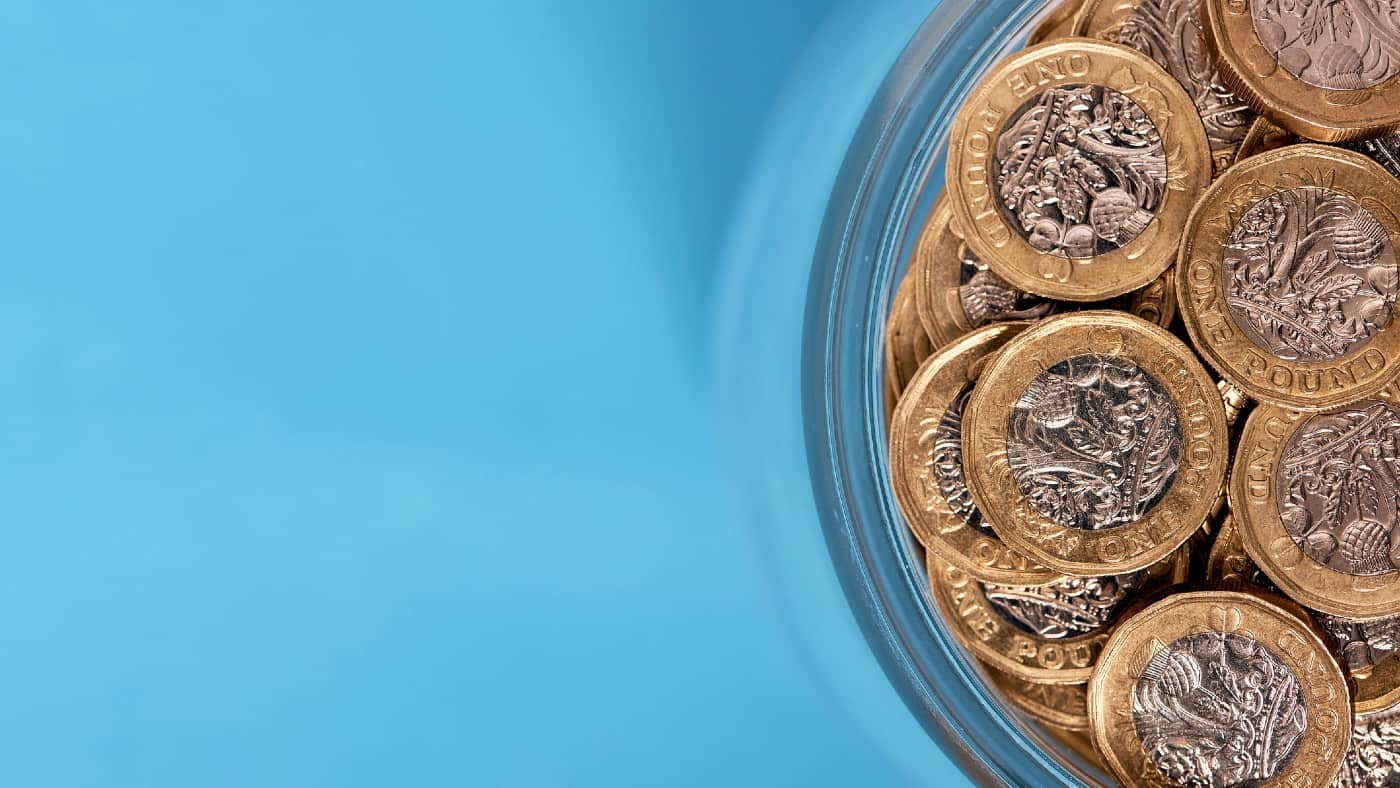Image source: Getty Images
With tough economic conditions over the past year, several shares on the FTSE 100 are now trading well below their fair value. In some instances, the low price is the result of bad performance on the part of the business. But for others, the low share price is simply a result of external factors.
I’m looking for those diamonds in the rough that are currently trading cheap despite evidence of a bright future ahead.
A good way to asses this is the price-to-book (P/B) ratio, which is the current share price divided by book value per share (BVPS). A ratio of one shows the company is trading at fair value, with anything below one indicating an undervalued share. Price-to-sales (P/S) and price-to-earnings (P/E) are two other ratios I can use to ensure shares aren’t overvalued.
Using these metrics, I’ve identified three companies that I think have exceptional growth potential: JD Sports (LSE:STAN), Prudential (LSE:PRU), and Inchcape (LSE:INCH).
JD Sports
With £10bn in sales and a market cap of only £6bn, JD Sports’ price-to-sales (P/S) ratio is 0.6 times. This indicates the company is outdoing market expectations. This is further confirmed by estimates that it’s trading at 60% below fair value. Earnings are forecast to grow 30% per year, with analysts on average expecting the share price to increase by 58% in the coming 12 months.
However, it does have a slightly high P/E ratio of 30, twice the industry average of 14. While the company balance sheet is very clean, 1.9% profit margins are lower than last year’s 3.6%. JD Sports pays a negligible dividend of 0.8%, with a 25% payout ratio.
Prudential
Prudential is another company that is believed to be heavily undervalued. Analysts on average forecast a share price increase of 68.5% in the coming year, although estimates vary wildly. Prudential has a fairly solid balance sheet, with £5bn of debt well covered by £17bn in shareholder equity.
However, despite a positive outlook for the share price, earnings are forecast to grow slower than the UK market. While Prudential has an acceptable P/E ratio of 8.2 times, its earnings have been declining at an average annual rate of -13.8%. I suspect this will turn around but its worth keeping an eye on.
Inchcape
With only a £2.8bn market cap, Inchcape is not quite an FTSE 100 constituent yet – but I think it’s well on its way to being one. The company is a global distributor of luxury automobiles, managing everything in a vehicle’s lifecycle from delivery to aftersales service.
At £6.85, the Inchcape share price is down 25% over the past year. This has led to estimates that it’s undervalued by 44.5%. Analysis of the share price is fairly consistent, with an average estimate of a 63.6% increase. Furthermore, earnings are forecast to grow 20% per year going forward.
Luxury brands run the risk of losses in the event of a recession, which is one risk I would associate with Inchcape. This is compounded by the fact that its debt is not well covered by cash flows, so economic uncertainty could spell trouble for the brand.
Credit: Source link














